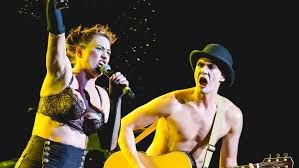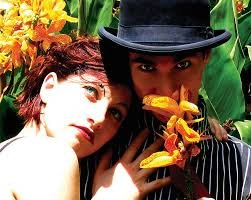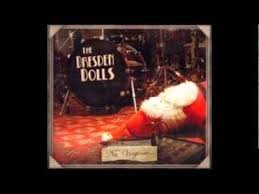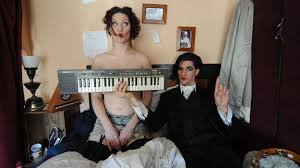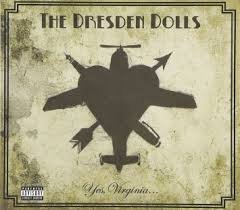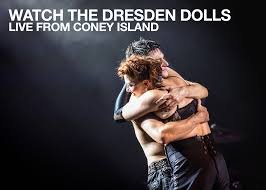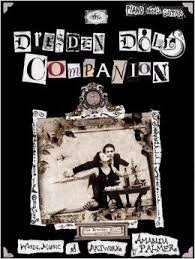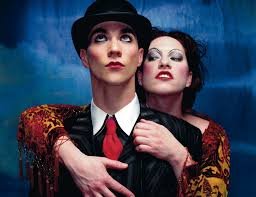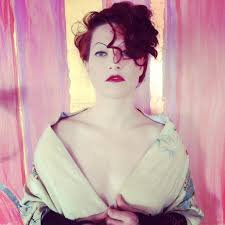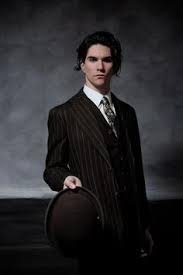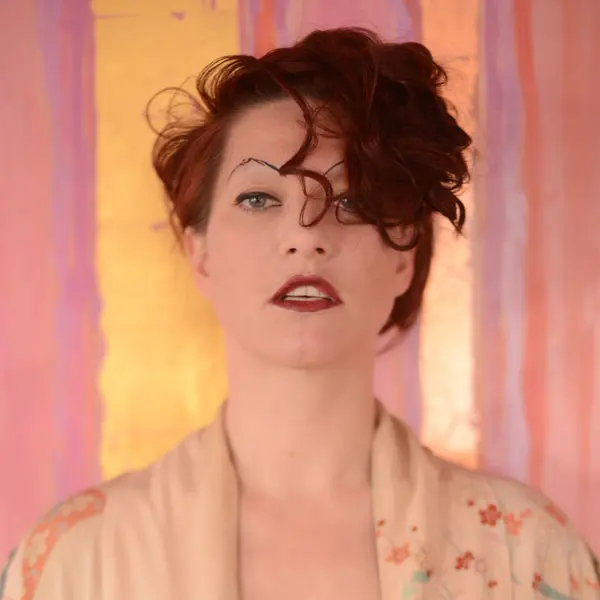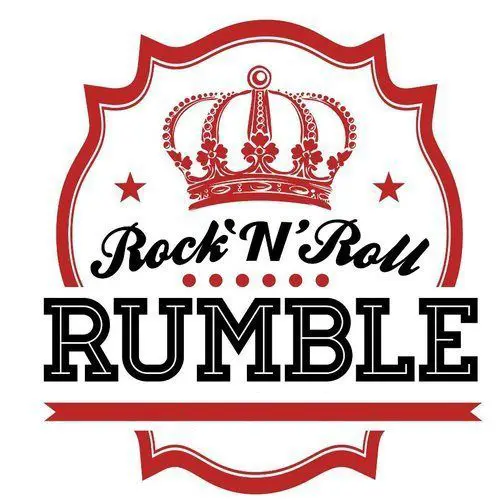The Dresden Dolls
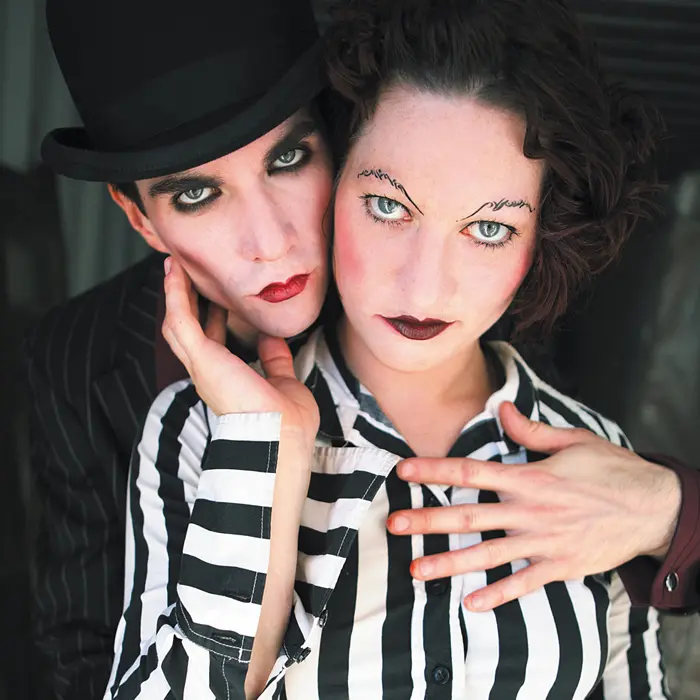
Punk cabaret became a near-mainstream hyphenate thanks to The Dresden Dolls, a duo that married punk angst and Germany’s Weimar Republic-style cabaret in mime-like whiteface and helped to launch Amanda Palmer’s solo career. The group came together in 2000, when singer-songwriter-pianist Palmer, a Lexington, Massachusetts native who loved The Cure and the theater, teamed with New Hampshire-raised drummer Brian Viglione, whose tastes ranged from free jazz to hardcore. “He knew exactly how to fill in the gaps of songs,” according to Palmer, who’d also spent time as a performance artist, once donning a wedding dress as a “living statue” in Harvard Square. “We really lock in with each other live. That’s where the magic happens.”
The duo built an underground following in Cambridge and Boston lofts and clubs like The Lizard Lounge, The Middle East and Jacque’s Cabaret. They won the annual WBCN Rock ‘n’ Roll Rumble in 2003, which expanded their fan base substantially and led to their eponymous studio debut, which features live favorites like “Coin-Operated Boy” and “Girl Anachronism.” The pair began playing larger venues and opening for national acts including Nine Inch Nails (which later drafted Viglione for their Ghosts I-IV album), though they continued to enlist what they called “the Brigade,” a group of friends/fans who showed up in costume and contributed art and entertainment in vaudevillian style. While the band included some additional musicians on recordings, the Dolls mainly performed live as a dynamic duo. “The beautiful thing about the piano is you can basically do everything with it,” Palmer once said. “You can play it lower than a bass, play percussive high stuff, or mimic an entire orchestra.”
In 2006, in addition to cracking the Billboard charts with their second album, Yes, Virginia, the Dolls performed at the American Repertory Theater’s Zero Arrow Theatre (now Oberon), appearing as the house band in a production of “The Onion Cellar” for 40 shows (a gig that stretched into 2007). In the summer of 2006, the duo supported the LGBTQ community as part of the True Colors tour (along with Cyndi Lauper, Erasure and Deborah Harry) and they’ve spent most of the following years on hiatus except for reunion shows in 2010 and 2016. Those appearances, critics agreed, reminded people who put the “dark cabaret” genre on the pop-music map.
(by Paul Robicheau)

